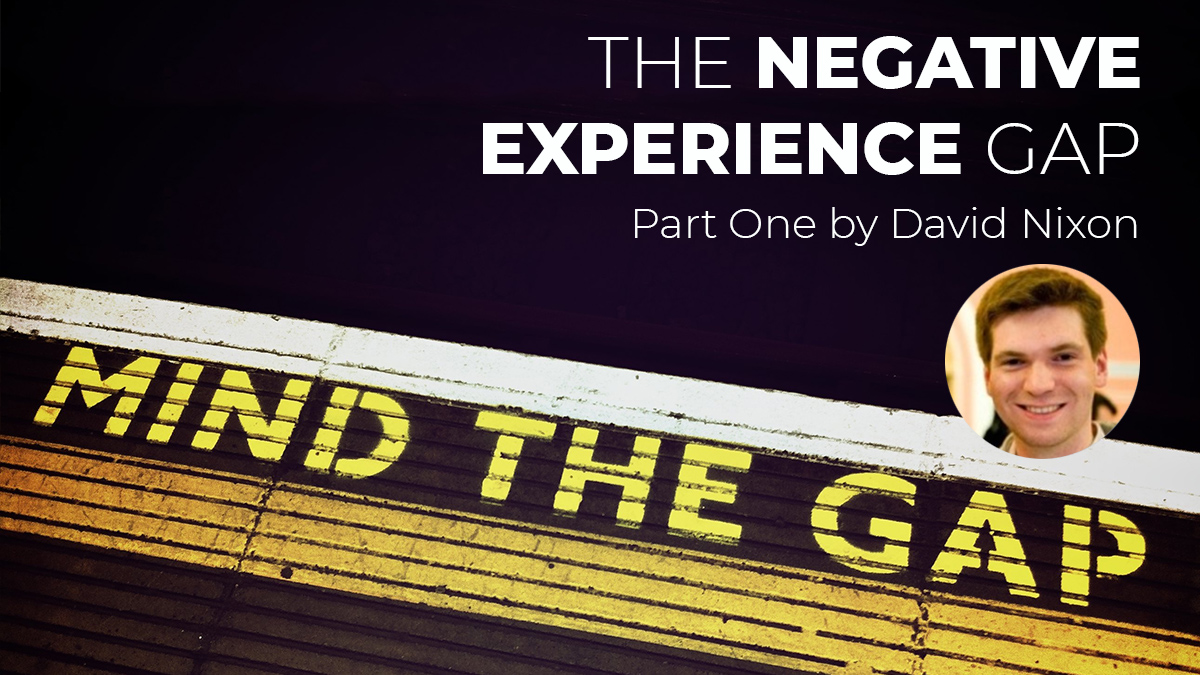In our house growing up it was a weekend ritual to watch “The Waltons” – an American drama with a family of three generations living under one roof during the 1920s and 30s. One of the ensemble characters was the Reverend Matthew Fordwick. Fresh out of Bible College, he made quite an impression on the quiet little village with his hell fire and brimstone sermons, screamed at the top of the voice: “REPENT!” However, it wasn’t a good impression – his preaching scared the children and hardened the religiously apathetic father, John Walton. Only after a public moral failure and being granted a second chance by the village did his character mellow and his preaching begin to reflect more of God’s grace.
Sadly, not only have Christians had bad experiences doing evangelism; but non-Christians have had bad experiences of Christian evangelists. Many of us will have had friends or family members tell us upon discovering we are a Christian: “Oh I hope you’re not like… [fill the gap]”. Such experiences can cool our enthusiasm for speaking about our faith in Christ – because we can assume the person is closed to considering the gospel, or because we are afraid of being lumped in the same category as the Westboro Baptist Church.
But what if I told you there is a way to talk about Jesus without being offensive?
Although the gospel is an offensive message, we ought not to be offensive as its messengers. I think that the media mogul Marshall McLuhan is right when he observes that the ‘medium’ matters as well as the ‘message’. The apostle Peter agrees. In his famous passage exhorting Christians to be prepared for gospel conversations he adds: “Always be prepared to give an answer to everyone who asks you to give the reason for the hope that you have. But do this with gentleness and respect” (v.15b-16).
Someone who has helped me bridge the negative experience gap is the secular psychologist Jonathan Haidt. He makes the case that human beings are more than brains on a stick. Instead we are powerfully directed and influenced by our hearts (emotions and desires) and not just our heads (reason and logic). He writes: “We are emotional actors! We are highly intuitive beings who act first, and justify later. Our beliefs, convictions, and values are far less “rational” than we imagine”. That’s why, no matter how much of an expert you are in health matters, the allure of the box of doughnuts is so difficult to resist.
Central to all of Haidt’s work is the image of the Elephant with a Rider perched on its back. If you imagine: our emotions/desires/intuitions are like the elephant, while our intellectual reasoning is like the rider perched on top. While the rider has a certain control over the elephant’s course and direction, if the elephant decides to do its own thing (responding to something it sees or smells or hears nearby) then there is very little the rider can do about it. The elephant is much larger and stronger than the rider perched on its back.
The subtitle of Haidt’s book “The Righteous Mind” reveals one of the questions that animates his work: “Why good people are divided by politics and religion”. He is distressed by the growing polarisation and decline of civility in western societies – where people regard those who disagree with them as dangerous. Haidt argues that these divides in politics will not be bridged by facts and figures alone. Rather he traces this partisanship down to the breakdown of community and relationships with people who see the world differently to us (and warns that our social media echo chambers have only escalated this problem at an exponential rate).
So Haidt suggests that if you want to get people to consider your point of view and perhaps changing their own mind, then you need to do more than talk to their Rider with facts and arguments, you also need to appeal to their Elephant. How? Well Haidt in the 21st century makes this suggestion that I believe runs parallel to what Peter wrote in the 1st century:
“The elephant can be steered by the presence of other friendly elephants: Do you want to influence the people who disagree with you? You have to talk to their elephants. The main way we change our minds on moral, political or religious issues is by interacting with other people. We are terrible at seeking evidence that challenges our own beliefs—others must do us that favour. We are good at finding errors in other people’s beliefs. But the interactions must be civil. When discussions are hostile, the elephant leans away and the rider works frantically to rebut the opponent’s charges. But if there is affection, admiration, and trust, the elephant leans in and the rider tries to find truth in the other person’s arguments. The elephant may not usually change in response to objections from its own rider, but it may be steered by the mere presence of other friendly elephants”
This reflects Haidt’s own testimony. Although he was a secularist he experienced a change of mind about the value of the Christian faith after his experience of welcoming church communities during his field research. As he has reflected elsewhere: “When your heart is open, then your mind is open”. As the old saying goes: people want to know that you care before they care about what you know.
So what does any of this have to do with evangelism and apologetics? Well one of the ways in which apologetics goes wrong is when you start thinking that your job is to WIN ARGUMENTS with people rather than to WIN PEOPLE for Christ.
Haidt’s image of the elephant and its rider reminds us the significance of leading with compassion and concern for people, before seeking to share the reasons for our hope in the gospel – so they have open hearts and open minds to consider what we have to share about Christ.
It might be that as we grow in relationships with people that we discover that there are significant hurts and bad experiences of abusive churches or hypocritical Christians in their past. It may even be that we discover that there are things that we have done or ways in which we have been perceived by colleagues, friends or family as offensive or insensitive. In those cases we may need to apologise and ask for forgiveness – confessing that all Christians are sinners in need of the pardoning grace of Jesus, acknowledging that churches are hospitals for fellow sick people (rather than museums for saints) in need of the Great Physician, embracing that we are merely beggars telling other beggars where to find bread. For one of my friends, whose father was converted late in life, it was only when he realised the extent to which his unbelieving father had felt judged by his believing son and apologised, that the door was reopened to look into the gospel. So let’s ask for God’s help to build bridges across the negative experience gap to connect with people and tear down barriers of offence that we have unwittingly erected ourselves.


